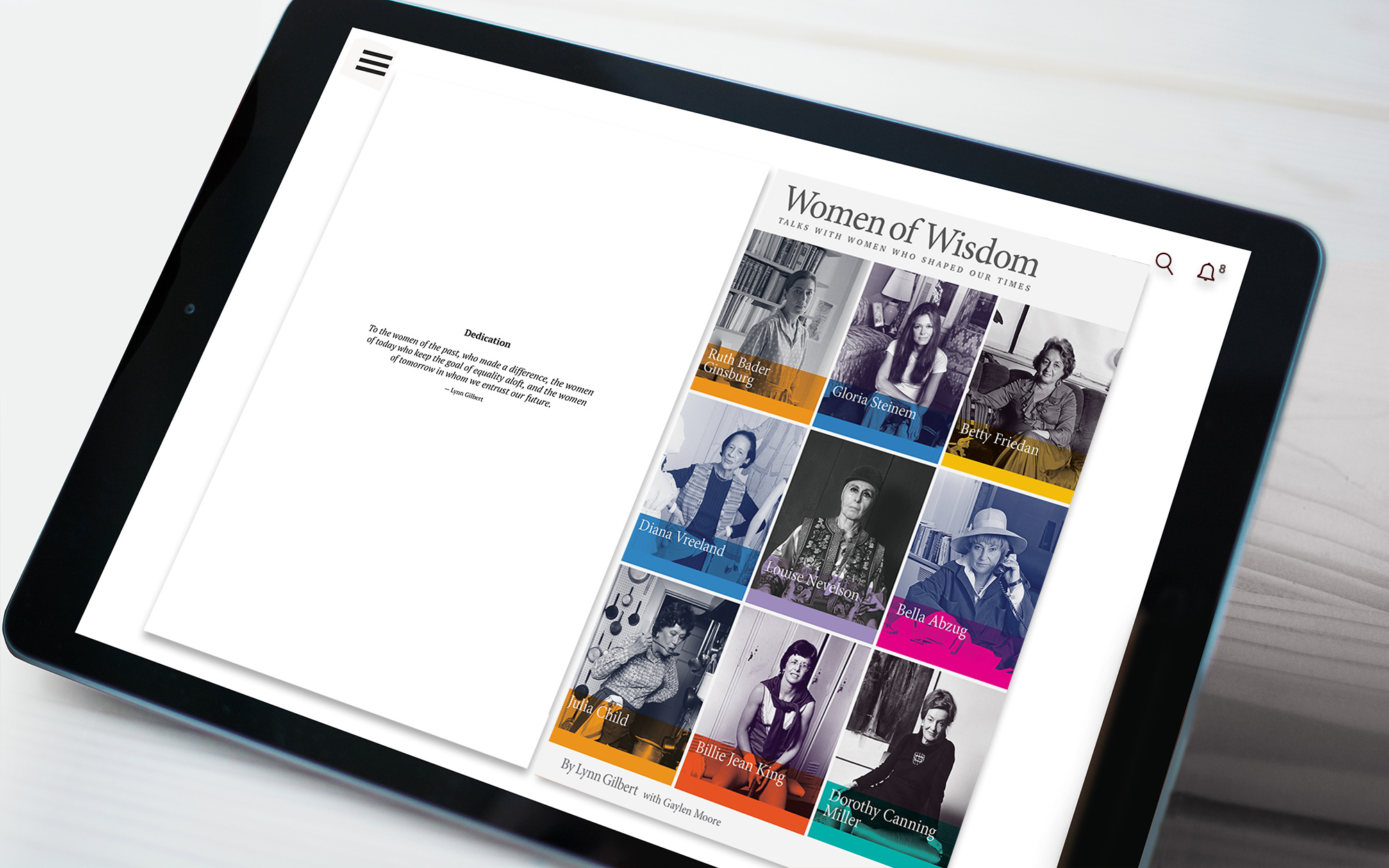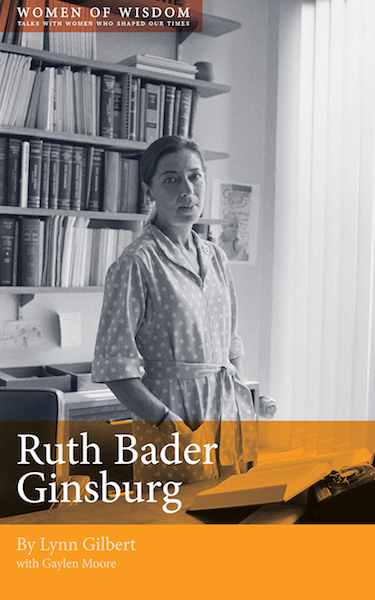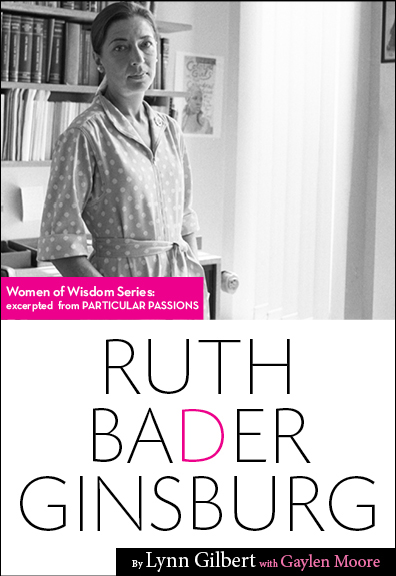"We know the founding fathers in the eighteenth century did not think men and women were or should be equal before the law. During the nineteenth century, after the Civil War, there were still tremendous differences in the law’s treatment of men and women. It was accepted that men should vote and women shouldn’t vote. It’s hard to read into provisions written over a century ago our modern concept that men and women should have equal opportunities, so far as government action is concerned. Yet the Supreme Court Justices have been doing just that. They have done so because our Constitution is meant to survive through the ages; there must be some adaptation to changing times and conditions. " Ruth Bader Ginsburg
The oral biography of Ruth Bader Ginsburg, who continues to contribute to civil and women’s rights as a U.S. Supreme Court justice.



